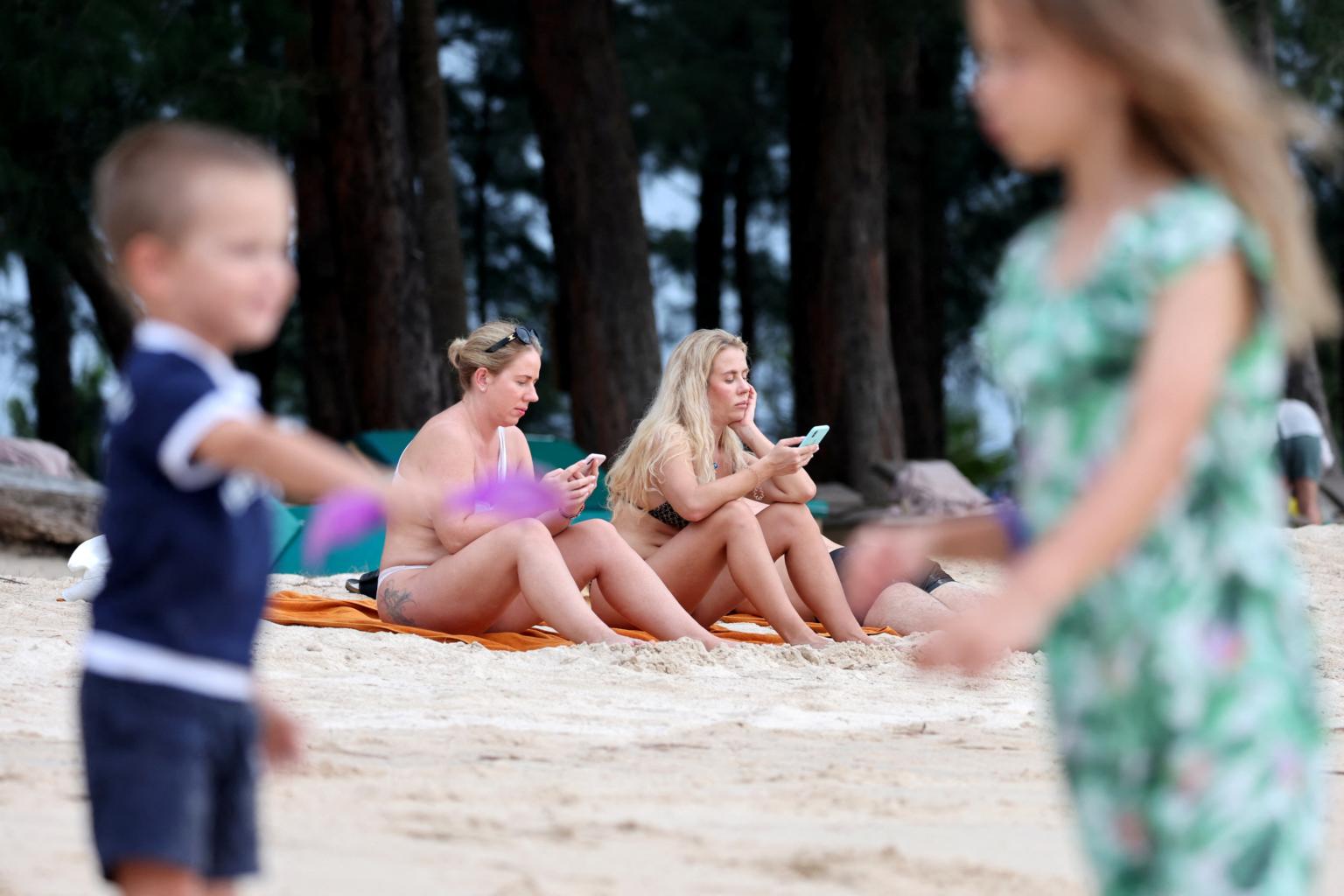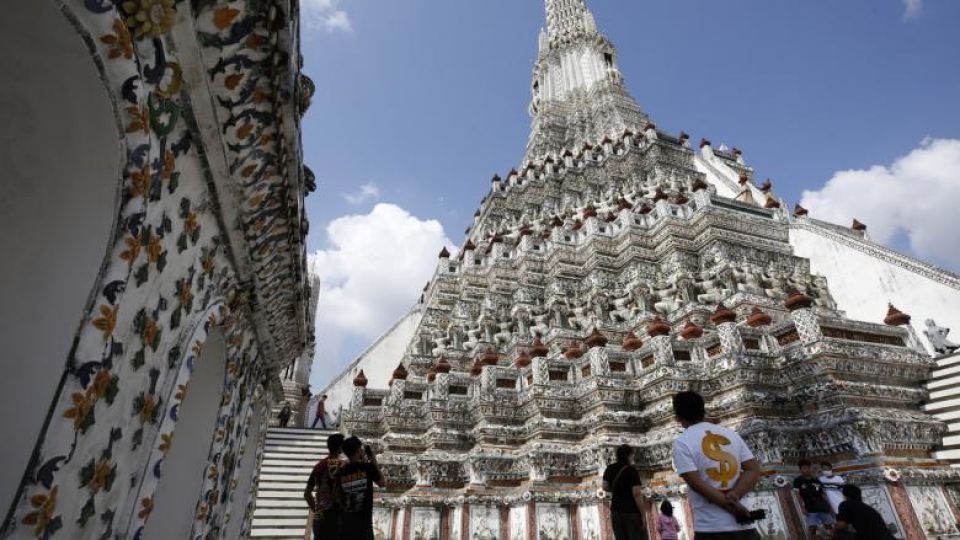March 14, 2022
DENPASAR (BALI) – War. Spiralling airfares. Cancelled flights.
So far, the recovery that South-east Asia’s tourism industry was hoping for in 2022 is shaping up to be anything but.
For two years, hotels and resorts here have bided their time, hoping holidaymakers from Asia, Europe and Australia would come back to soak up the sun, rent a villa and breathe new life into an industry that at its peak in 2019 was valued at US$380 billion (S$518 billion).
Tourism juggernauts like Thailand and Indonesia’s resort island of Bali, which together took in 46 million overseas arrivals in 2019, are easing quarantine restrictions and reopening air links with key markets like Singapore and Australia.
But the war in Ukraine and sanctions against Russian banks threaten to hamstring fast-growing markets just as surging crude oil prices sap spending in more established ones.
“Unbelievable,” said Mr Dirk De Cuyper, chief executive officer of S Hotels and Resorts.
Before the war, his company, which operates 38 hotels in Thailand and Britain, as well as in Fiji, Mauritius and the Maldives, had expected occupancy to recover to levels not far from where they were before the pandemic.
Last year, S Hotels and Resorts splashed out millions on upgrades in the Maldives and Thailand, including 72 million baht (S$3 million) on ocean view villas complete with private pools that start at 17,000 baht a night, aimed at travellers with deeper pockets.
“Surely, this will impact in the short term Russian travel and the cost of goods and utilities,” said Mr De Cuyper.
At nearly 24,000 arrivals in January, Russian tourists were by far Thailand’s biggest cohort of arrivals, and among the top 10 of Thailand’s neighbours, including Indonesia and Vietnam.
That is beginning to change.
The number of Russian arrivals into Phuket’s airport has plunged so far this month by three-quarters, Mr Bhummikitti Raktaengam, president of the Phuket Tourist Association, was quoted as saying in local media last Thursday (March 10).
Additionally, around 3,000 of the country’s nationals are thought to be stranded, unable to get home after direct flights to Moscow, as well as to Russia’s Far East, were suspended, according to the report.

Russian tourists at a beach in Phuket, Thailand, on March 8, 2022. PHOTO: REUTERS
Many Russian holidaymakers say they cannot access savings at home after many of their country’s biggest banks were booted from the Swift international payments system and credit card companies Visa and Mastercard suspended operations there.
To be sure, for now, the full impact of the sudden slump in Russian traffic may be muted.
With the monsoon approaching parts of Asia north of the Equator, European traffic, including arrivals from Russia, tends to taper off this time of year.
Mr Markland Blaiklock, deputy chief executive of Bangkok-based Centara Hotels and Resorts, said the company is on track to double revenues by 2026 as it opens a slew of new hotels in Thailand, as well as in the Middle East and the Maldives, despite the crisis.
“We are hoping the conflict will be resolved quickly and impacts will mostly be confined to 2022,” Mr Blaiklock told The Straits Times.
But tourism operators face other headaches too.
Would-be travellers from Australia were told last week by their national flag carrier, Qantas, that the 60 per cent surge in crude oil prices since the beginning of the year would translate into a 7 per cent average hike in airfares.
The carrier’s airfares will rise an additional percentage point for every US$4 gain in the price of crude oil. Last week, West Texas Intermediate crude oil futures reached an eight-year high of US$123 a barrel.
Still, it is the sudden loss of the promising Russian market that has come as a shock for many tourism players this year.
The number of Russian visitors to Vietnam doubled to nearly 650,000 during the four years to 2019, each spending on average US$1,900 per visit – nearly 80 per cent more than the average foreign visitor, according to government data cited by local media.
Mr Seif Hamdy of the Intercontinental Danang Sun Resort said that after a US$40 million overhaul of some of his property’s restaurants, lobbies and villas, wooing Russian tourists had been a big goal this year.
A charter flight announced in late 2019 between Danang and as many as four Russian cities, including Moscow, has yet to go into service after the plans were shelved the following March, owing to the onset of the Covid-19 pandemic.
“The Russian market was supposed to be our new target market this year,” Mr Hamdy said. “We’re waiting on news of the flight. Without airlift, that’s just not possible.”


